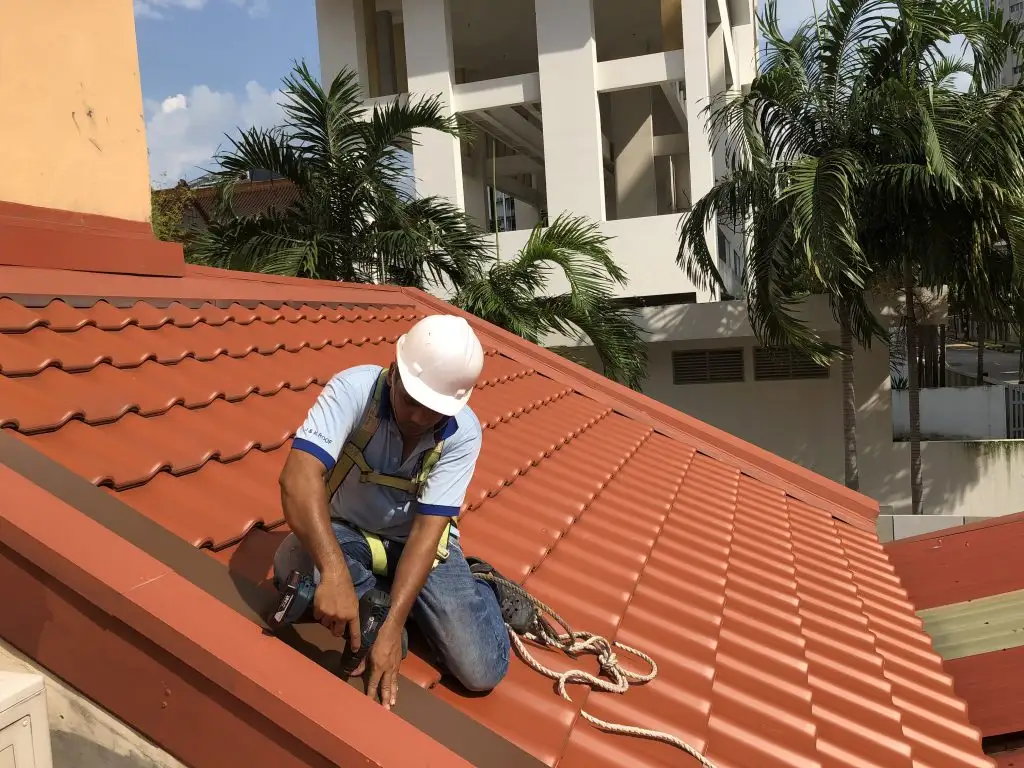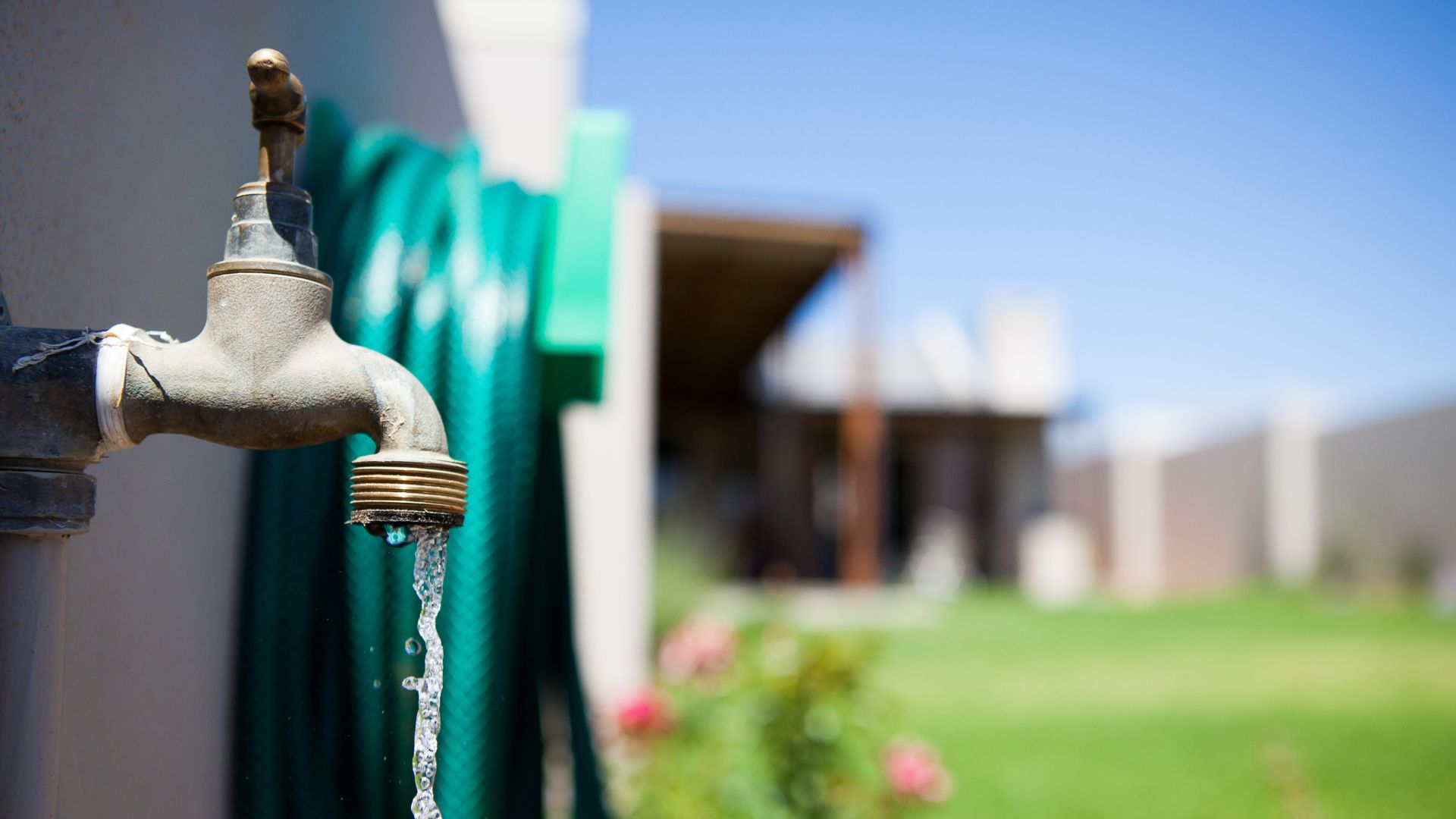A Beginner’s Guide To Property Investment In Nz

If you’re interested in property investment in New Zealand, it isn’t surprising. It’s a hot topic, and you’ll find that most people you know have investments in some form that increase their annual revenue. It’s the most stable investment you could make because with maintenance and the right tenants you’ll have a supplemented income for a lifetime. If you’re looking into it, use this handy beginner’s guide to help you get started.
Table of Contents
How Property Makes Money
Most of us have rented a home before, where a set amount is paid weekly or monthly, in exchange for the opportunity to live there for the period of a lease. As tenants, you don’t have to worry about the mortgage, council rates or taxes. The landlord, or owner of the property, has to deal with those issues, including building maintenance and insurance.
In the beginning, the initial rental payments go right into the costs of buying, renovating and maintaining the property. But over time, as rent is increased and the debt becomes smaller, the property owner can retain more as profit, until all the major costs have been paid for. Thereafter, every week or month that rent is paid, what the landlord receives is pure profit. Other than monthly rates and expenses, the landlord can build a substantial amount of money from this investment.
What You Need To Consider Before Your First Investment Property
When you start thinking about starting your property investment journey, there are a few things that you need first. Here are five factors to consider before you jump headfirst into the industry.
Know Why You Want To Invest
Why do you want to invest in property in New Zealand? Wanting to make a lot of money isn’t a good enough reason. Your “why” needs to have an end goal that you work towards. Do you want to retire early and live out your remaining years in Bali? Do you want to leave your children with a little nest egg? The reason why you want to do this will determine how, where, and how much you should invest. Some end goals are more doable than others like a few properties and renting them out. Saving the income would make it into a nice nest-egg for you to retire comfortably, or to leave to your children. However, if you wanted to retire early and live in Bali for the rest of your life, you’d need to invest in much more than a few rental properties.
You Need Leverage
Having leverage allows you to use the finances you have available to purchase more expensive properties. For example, if you only had $100, 000 in cash, you could use it as a deposit on a $300,000 property. With a strong investment strategy, the property could appreciate by 5% every year, gaining thousands annually. Using leverage to buy properties, you could grow your wealth substantially, so make sure that you have a decent amount of money saved up to use as leverage before you start investing.
Rental Income
Known as the bread and butter for many property investors, rental income is what puts food on the table. If, for example, you resell a house, making a 15% profit, you shouldn’t use the profit to live on. You should use it to invest in other properties and projects that you come across. However, if you have a few properties that you rent out, the income you receive from tenants should pay the expenses for your rental properties, and the profits should be used to pay for your living expenses and enjoying life, allowing you to focus your efforts on growing your wealth with other, more substantial investments.
Debt Reduction
Although seeing debt as “forced savings” is looking at it too simply, it isn’t wrong. The more you repay your debts, the more your net wealth will increase. If you start investing in property, make sure that you work to reduce debt as quickly as possible, so that you can continue investing and earning.
Tax Advantages
There are certain tax advantages that most property investors in New Zealand enjoy. Although they’re still under review, you can receive tax deductions for any expense you have relating to your investment properties, which means that you’ll have more in your monthly cash flow.
If you’re thinking about getting into property investment in New Zealand, you have to think smart and be financially literate. Be aware of how your investments will earn money and the steps you need to take to get started. Have a clear goal in mind, use leverage wisely, and be clear on which tax deductions you’re entitled to before you jump in headfirst.





